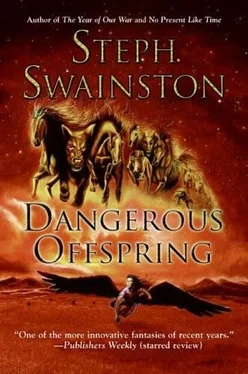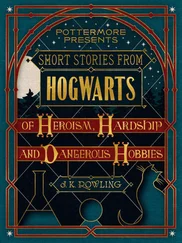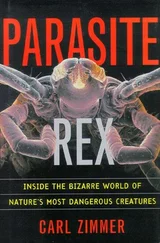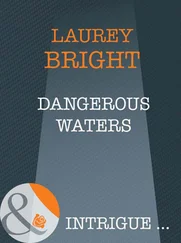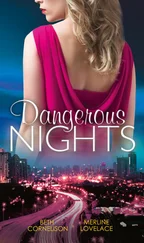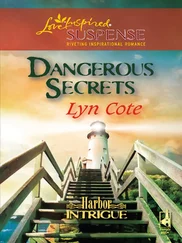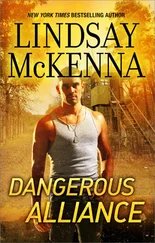All along the horizon white figures cut into the chalk hills were turning pink in the twilight. They were miniscule in the distance but just distinguishable as the badges of the adjoining manors, the dolphin of Awndyn, Eske plough, Hacilith fist and Shivel star, cut and maintained by their fyrds.
Hacilith cast an upwards glow on low cloud base; the pale yellow of cannel coal fires in thousands of homes. I could smell the coal tar already. Closer, and the larger buildings loomed into familiarity; I could name every one. The field of vision narrowed, the roofs increased in size, and the suburban tatter of the Pityme district opened out beneath me. It extended in a ribbon along both canal banks and for a shorter distance up the Camber Road as if stuck to it.
I cruised at the rate of two beats a minute, my legs straight and pressed together in quick accipitrine flight, above the road as it ran across the single, flint-faced span of Pityme Bridge, the oldest on the canal, carrying the Camber Road into the city of Hacilith and the republic of Morenzia.
The Moren River was silted and sluggish, seemingly a solid bulk. It reflected dully, as if shellac varnished, the lights glimmering on its far bank-the Marenna Dock piers and waterfront way over in Brandoch manor.
The Moren is tidal as far as Hacilith and its banks are brackish. I saw a dismal grazier wandering on the marsh, looking after emaciated sheep. Then the huge iron lock gates at the end of the Hacilith-Awndyn canal hove into view and the marsh ended in a continuous stretch of wharves.
This immense canal was Frost’s grand waterway; it took her fifty years to complete and it ensured the rise to prominence of the Wrought armouries. The canal made Awndyn’s fortune too, but it turned Diw harbour into a ghost town, as ships no longer needed to risk rounding Cape Brattice.
Below me, the rough Galt district docks sprawled along the whole east bank of the Moren, surrounded by refuse tips and the shacks of ‘mudlarks’ who scrape an existence by beachcombing the mudflats. The paddletrams had been decommissioned decades ago, and their waterwheels had been dismantled, but the decaying supports reared like spires out of the river.
Fat chimneys, squat chimneys of pottery and slate. All the mucky house backs with alleys hung with washing and piled with so much refuse it was turning into soil.
I made very sharp turns and fell steeply with my wings fanned out and my legs dangling. My descent and angle of vision became more acute: the shop fronts too sheer to see, just lines and lines of roofs running in the same direction. I seemed to be going faster the lower I dropped, because I could measure my speed against every ridge and gutter. Landing is the most hazardous time and I concentrated completely on finding a safe place. It was impossible. I couldn’t glide down any of the roads without hitting a shop front.
I turned and the exclusive Fiennafor district tilted into view ahead. The tall eighteenth-century town houses were regimented in quarter-circle curved terraces. Aver-Falconet’s bronze-clad palace front glowed dully in the street lights. Puddles glinted among the cobbles on its wide parade.
Here was the arc closest to the palace, all double sash windows, Neo-Tealean white fronts with plain columns flat against the walls. The gates in their iron railings gave onto the parade, around an immaculate oval lawn with a spreading plane tree. It was The Crescent, and Lightning’s house was number one.
I descended in front of it. I thrust my wings forward and the feathers spread flat automatically to stop me stalling. Wings’ fingers open, legs down: my boot toes skimmed over the surface of a puddle leaving two long ripples. I stepped down out of the air and began walking without a pause, folding my wings behind me.
The yellow wheels of a glossy coach rolled past an arm’s length away. I let it pass, crossed the road and walked up the steps to the black painted door.
The door knocker was so highly polished it looked unreal. I rapped it and looked around as I waited for the major-domo to answer. The sky was heavy with more rain and the evening still.
The major-domo showed me a room. She laid out a dressing gown of the best Awian silk and took my clothes to be cleaned and pressed. She spread the table with hot coffee and pancakes. When I had eaten I stripped all the covers off the bed and slept on the floor.
I began searching for Cyan and thought it best to try the fashionable district first. I walked around Fiennafor and looked in Aver-Falconet’s palace, then Lorimer Street with The Moren Grand Theatre, The Bourse and The Old Almshouse Cafe. I found no sign of Lightning’s daughter anywhere.
I hired a carriage and drove east to Moren Wells, a very upmarket spa town recently swallowed by the fringe of the city. I searched for Cyan in the Sinter Spa and Calandra Park, but no one there had heard any news.
The next morning I wondered what to do. I only had one day left and I doubted I could find her. I decided to work my way south through Galt into Old Town. That way I could visit Rayne at the university before leaving. I made sure my wallet was safe, buttoned my coat pockets tight, and submerged myself in Galt, the largest of the five districts.
The further I walked, the more I realised that I would never find Cyan but, ever hopeful, I walked slowly and looked around carefully, especially at the girls, as I passed the:
Scuttlebutt Casino
Cockfighting pits
Prize-fighters’ boxing booths
Clutchfut Vintners
Inglenook Hostel
The bull ring
The paper mill
The brass hammer mill
The denim mill
The cartwheel lathes
The markets:
The cattle market
The hides and skins’ market
The broadcloth Furbelows Market
The woodwork Treen Market
The glass and pots Frit Market
The fish and salt Gabelle Market
The Meal Market, where shiploads of corn change hands
The Meat Market, its drains running with blood
The Mop Market, where job seekers sell their own services
The Crimp Market for mountains of coal
The Whispering Market for perfumes and objets d’art-a covered arcade where the stalls are packed so closely together that business is done at a whisper in case anybody hears the deals
Past the butterstone at the markets’ end
Past the Cooper’s yard
Past the Atilliator’s yard
Past the rope walk
Past East Sea Customs House
Past the dry dock, where ships were repaired
To the wet dock where goods were being unloaded.
I paused there and looked out over the river, a solid mass of inshore galleys, barges, tugs and flyboats; waiting to load, register, enter the canal or extricate themselves from the chaos. Upriver, a single armed caravel watched the teeming industry with a constable’s eye.
The incredible number of wagons, drovers’ turkeys with pitch on their feet, grain storehouses full to the roof, the stink of coal tar and the hubbub of the markets reminded me of the queues coming into the battlefront. I didn’t stand any chance of finding Cyan if she was lost in these crowds.
I bought a kebab on a stick, and a copy of Lammergeier fashion magazine to see what my wife, Tern Wrought, was doing this season. I scanned her column, called ‘Ageless Taste’, but it had nothing about me. I had not seen Tern this happy since last century; she had paid off most of her debts with the booty from Tris and was supervising the rebuilding and redecorating of her manor house. Wrought isn’t called the fashion capital of Awia for nothing; Tern was working hard, from party to party, trailing people without noticing them, except for when they itched.
It began to drizzle and the damp Hacilith chill sank into everything. I turned away from the river and walked deeper into Galt, heading towards Old Town. The houses here were all back-to-backs with alleys between them; no yards but one outside toilet shared by each alley. Rainwater chuckled along the gutter, washing over some rotting pamphlets from the recent elections.
Читать дальше
